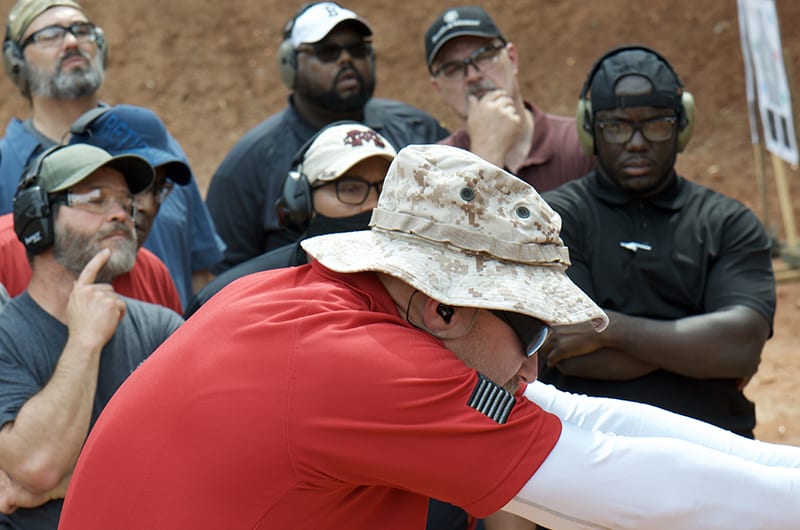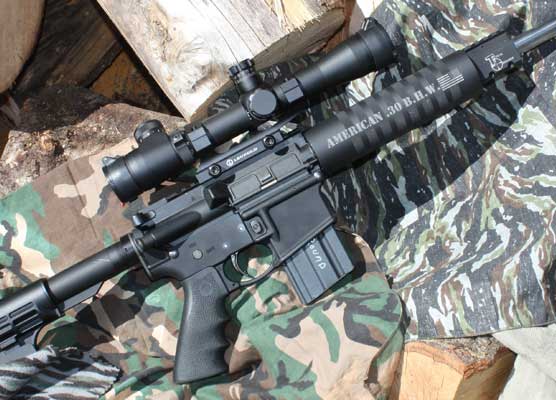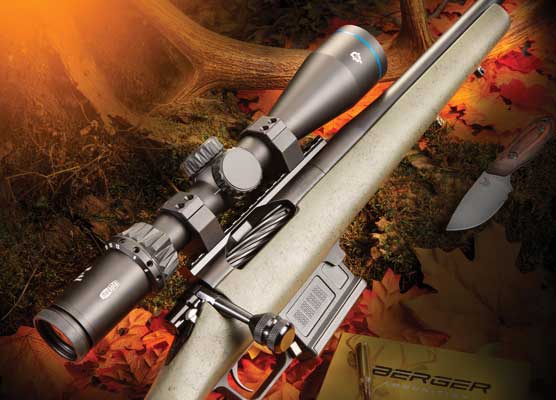Stress Inoculation
The course of fire was complicated. It began at the top of a hill overlooking an indoor range. When it was your turn, you had to run down the hill and enter through the door at one end of the building. You were immediately confronted with a situation you had to solve. A police car was your cover, and 20′ from the car, out in the open, was a large duffle bag filled with about 100 lbs. of items. This represented your partner. It was necessary to engage targets downrange and then move your partner to safety by dragging him another 50′ to cover at the other end of the stall. From there, you moved to the next range section, completed a different shooting drill and went on to the next for yet another. To the police recruits like me, it pushed the limits of what I’d been learning in class and I was forced to put it all together in multiple scenarios. If this wasn’t enough, we had to do so under the scrutinizing gaze of our peers. For many of us, it was our first introduction to stress inoculation.
Stress inoculation is when ever-increasing levels of stress are added to training scenarios to prepare the mind to succeed in real-world situations you might encounter. It’s training designed to desensitize the brain to stress to still effectively function when the fight-or-flight instinct kicks in. Rather than panic, the brain learns to process information despite the danger and complications you encounter. It’s a typical training practice for police and military personnel where life-and-death decisions must be made in the most challenging situations. It’s also used in the corporate world for better decision-making skills.
Experience Matters
I recall having a new police recruit with me one night while on patrol. As luck would have it, we had to do a felony car stop shortly after the shift began. I’d done this many times and was used to it. My recruit, however, faced his first actual dangerous situation since putting on the uniform. We stopped the car and assumed our positions behind cover while I began to give directions to the people inside the vehicle. But something odd happened this time. There was an unusual noise I couldn’t figure out. It bothered me because my brain was handling a threatening situation and couldn’t figure out what this strange noise was. It turned out I heard the bullets rattling in the cylinder of my recruit’s revolver as his hands violently shook from fear. It was the only time I can recall laughing during a felony stop. I wasn’t laughing at him. Okay, I was, but I was also laughing at myself and the fact that while everything was going on, my brain was working on another issue entirely.
This scenario illustrates the result of stress inoculation. My young partner was experiencing fight-or-flight because it was the first time he’d ever been in a situation like that. Yet, it was just another routine (though potentially dangerous) problem I’d successfully handled many times. The fact I had those experiences under my belt allowed my mind to focus on what was different in this situation and try to figure it out despite the danger.
What does this have to do with you? If you’re expecting to have to defend yourself, you will benefit from stress inoculation. You don’t have to go on felony car stops, but you do have to be pushed past your normal limits by someone trained to do so. One of the best ways to do it is by attending firearms training just above your level of expertise. You will be forced to learn new skills, but you’ll have to do it in front of other experienced students and instructors where you’d like to keep from embarrassing yourself. Your mind will be forced to process everything under pressure, which enables you to “inoculate” your brain to ignore the “danger” and still function effectively.
Tips To Help Inoculate Your Brain
Last year, I had the pleasure of taking a USCCA Instructor course. Yes, I wanted to be certified by the USCCA, but it was more about self-development than the added teaching credential. I wasn’t disappointed. It’s not that I learned many new skills or experienced things I hadn’t before, but it was a chance to perform under pressure and maintain a level of preparedness I expect of myself. In addition, it allowed me to meet other instructors and make new friends. It was a win all the way around.
In short, intentionally put yourself in stressful situations as part of your training. Make your mind do multiple things at once. It could even be as simple as reciting the alphabet backward while trying to make a precise shot on target.

Sign up for the Personal Defense newsletter here:








